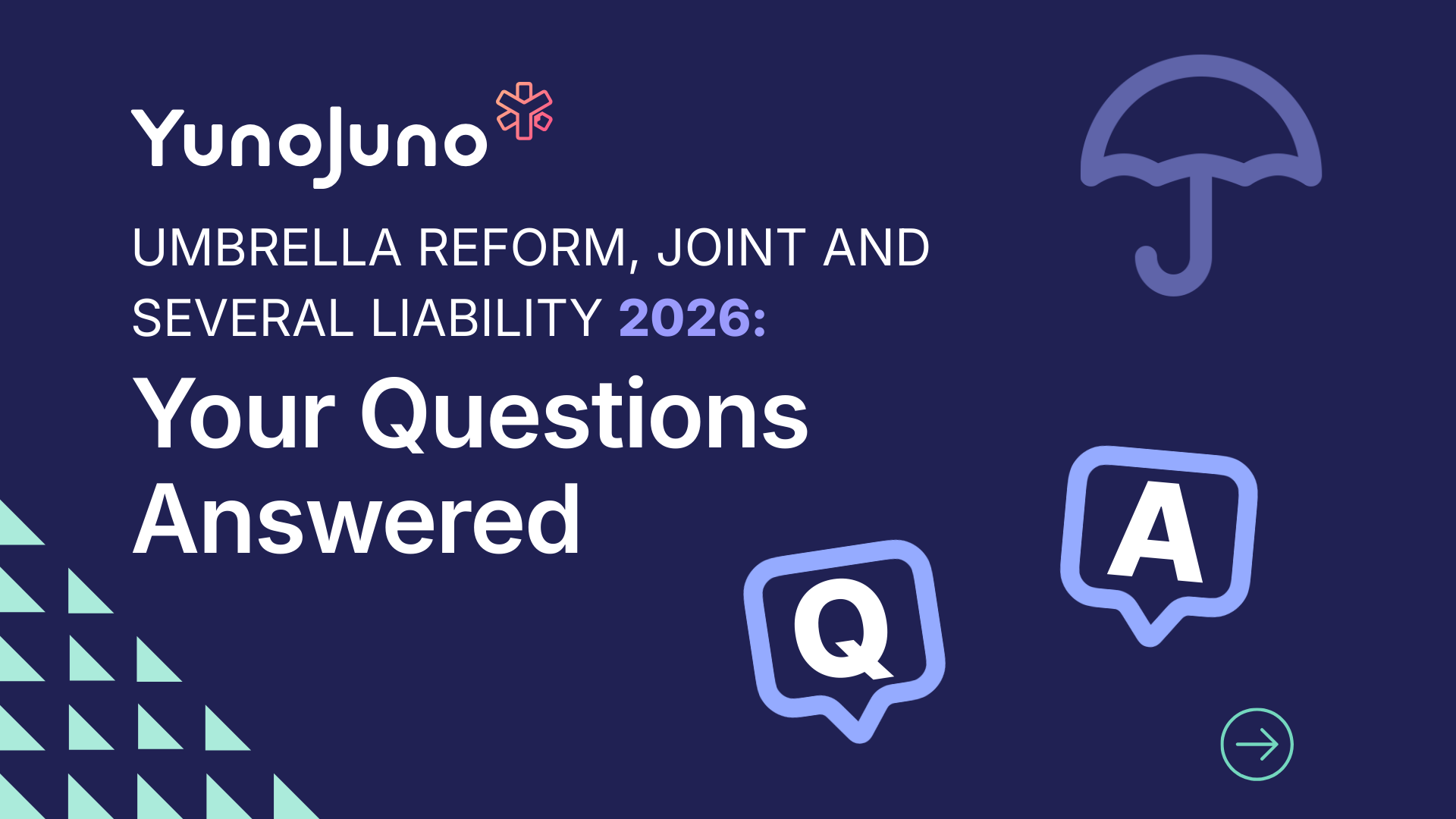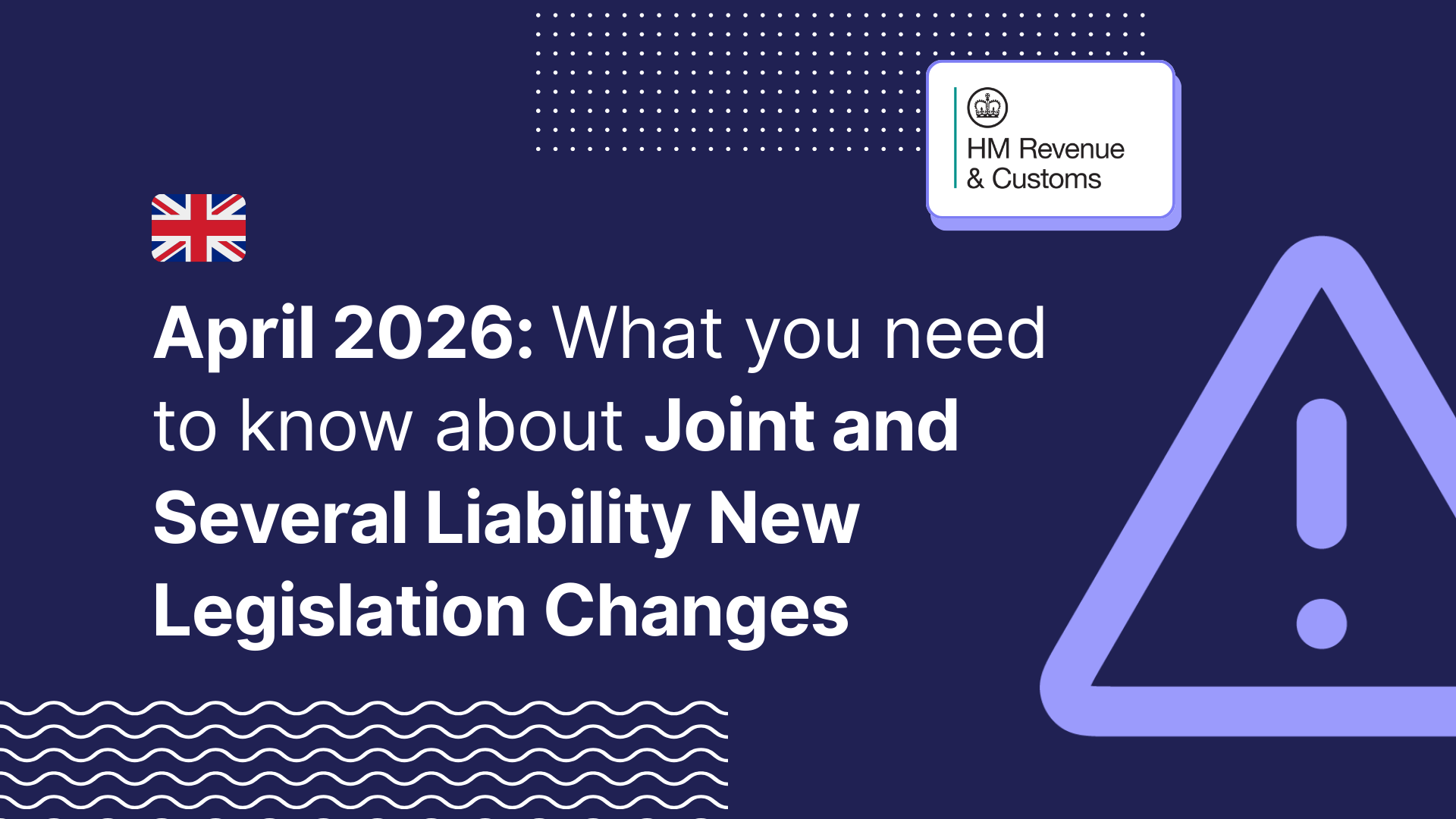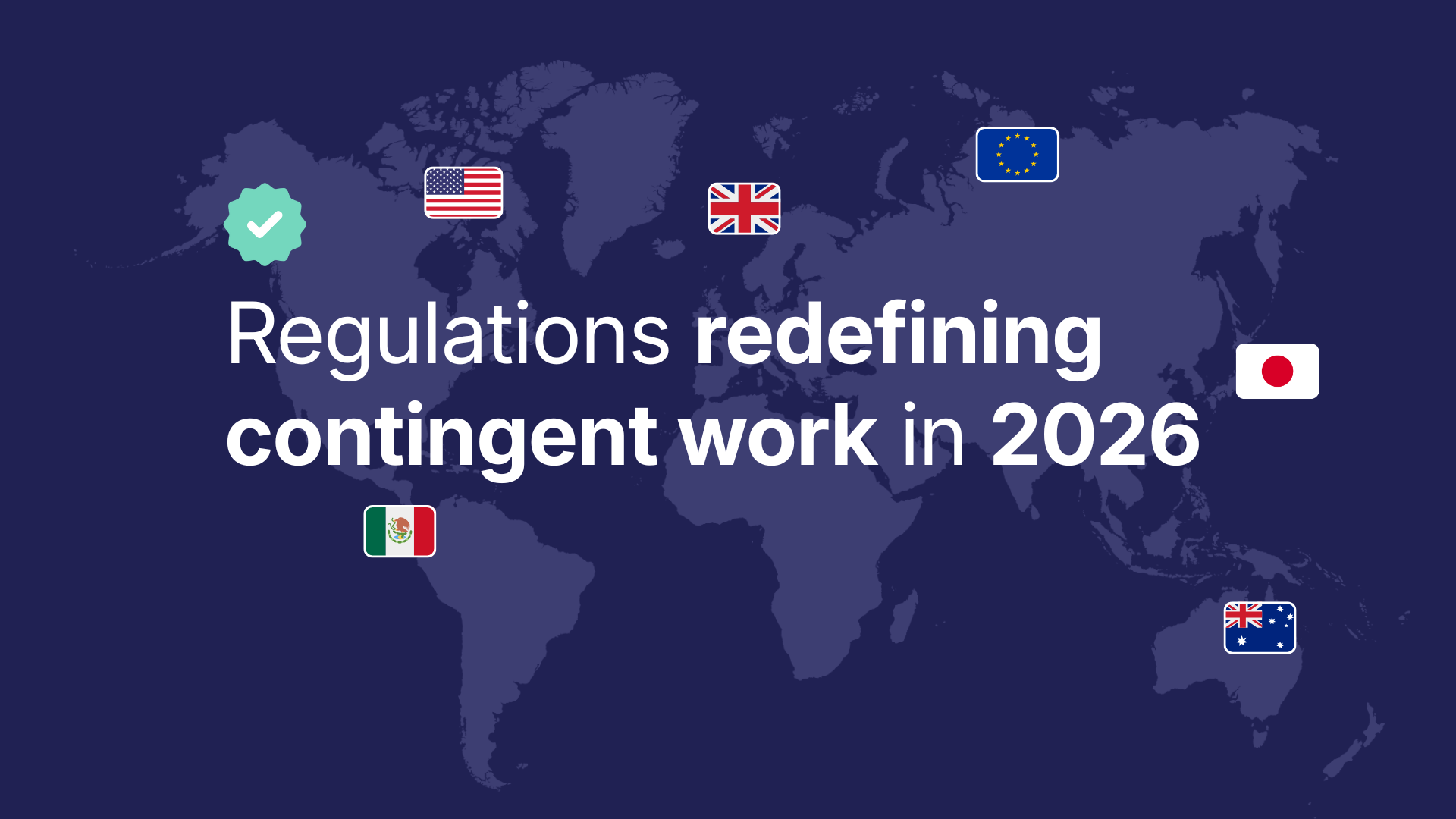Understanding supervision, direction or control (SDC) is vital for both Sole Traders and their clients, because it’s part of tax compliance for everyone involved. If a Sole Trader is subject to SDC by a client when they carry out their services, it means that PAYE tax must be deducted at source. These rules only apply to Sole Traders (like IR35 for PSCs, but slightly different!)
HMRC define each part of SDC like this:
“Supervision is someone overseeing a person doing work, to ensure that person is doing the work they are required to do and it is being done correctly to the required standard. Supervision can also involve helping the person where appropriate in order to develop their skills and knowledge.
Direction is someone making a person do is/her work in a certain way by providing them with instructions, guidance, or advice as to how the work must be done. Someone providing direction will often co-ordinate the how the work is done, as it is being undertaken.
Control is someone dictating what work a person does and how they go about doing that work. Control also includes someone having the power to move the person from one job to another.”
SDC isn’t something that you can deal with using clever contract terms – you can’t write your way out of SDC. But you do need to consider it and, if there is SDC, make sure that PAYE is paid.
These sorts of areas need to be looked at:
- The detail of how the Sole Trader will work for you.
- The level of self-determination the Sole Trader has in how they organise their own working day – where they work, what they do and how they do it.
- The level of knowledge, expertise or resources the Sole Trader may need to call on from you to deliver the assignment.
- The level of coaching and instruction that may be required for the Sole Trader to deliver what you’re asking of them.
Booking a Sole Trader on YunoJuno takes the stress out of this task. You’ll be presented with some questions and these will be provided to the Sole Trader so that there is full transparency. Both client and Sole Trader confirm that the answers are factually accurate for the way the Sole Trader will be delivering that assignment. If there is SDC, the Sole Trader will work via an umbrella company, so that PAYE gets deducted at source.
Book a demo today to see how YunoJuno can help with all of your compliance needs.




.png)


